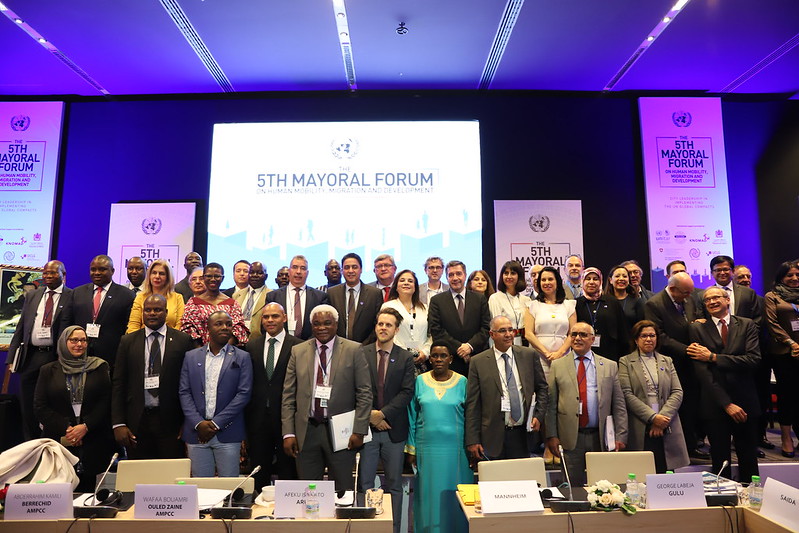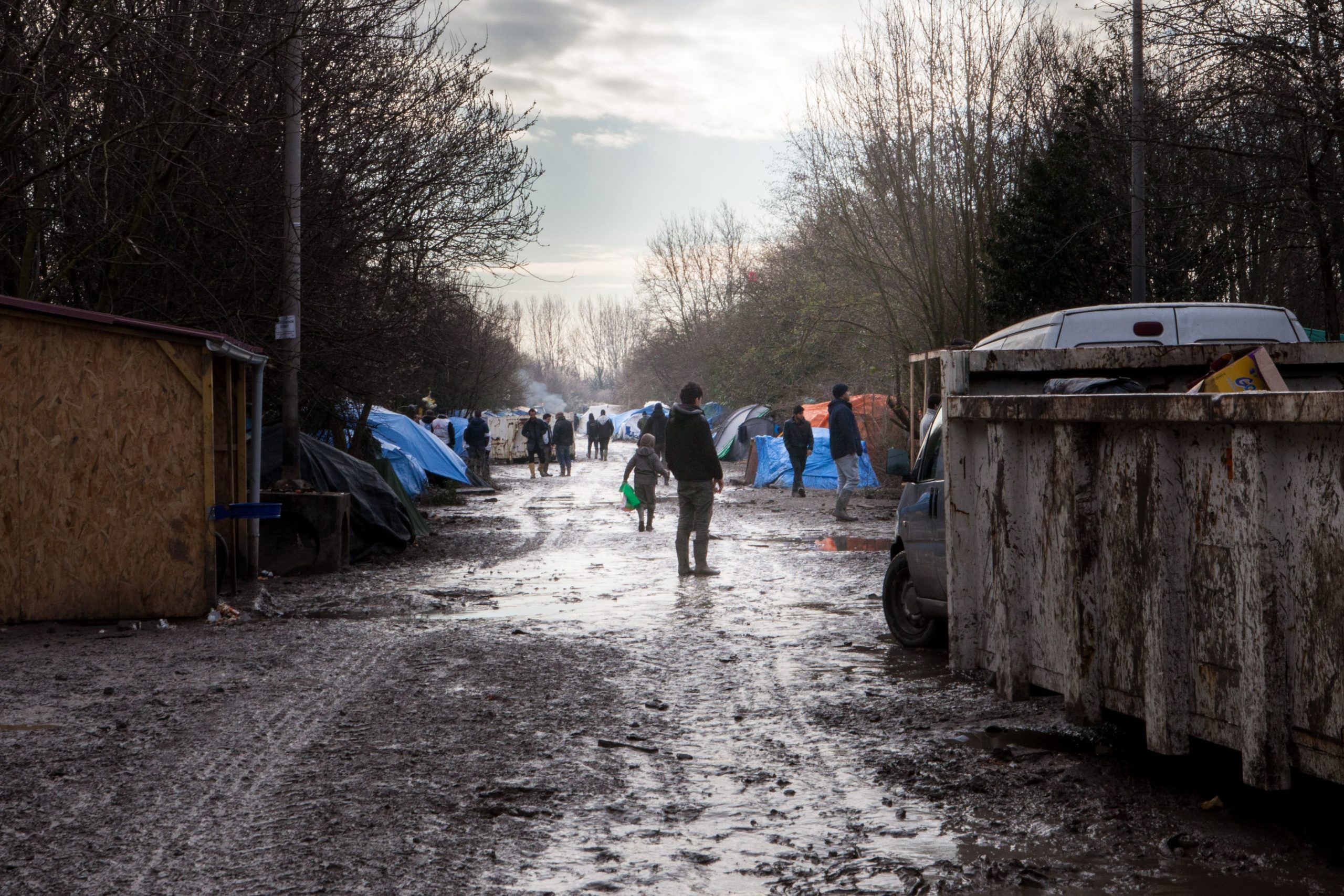What role for cities in terms of reception and integration of asylum seekers and refugees?
At a time when European solidarity is lacking and public policies on asylum and immigration are becoming more restrictive in some EU Member States, many cities come forward as support forces, demonstrating the importance of the local level.
Alone or in networks, how much room to maneuver do municipalities have to act alongside migrant and refugee population? To what extent can they oppose, or attempt to influence, national governments to welcome and integrate newcomers with dignity?
Decryption
What skills and responsibilities should cities have to welcome and integrate migrant and refugee populations?
Although migration policy is predominantly a state competence in the EU, European cities are emerging as key players in the reception and integration of migrants, particularly since 2015. Restrictive national measures, unclear distribution of competences, difficult access to funding ... they nevertheless face a number of obstacles.
Read moreDécouvrez nos articles

News
Networks of solidarity cities in order to foster a better reception for refugees in Europe
Faced directly with migration issues and with the need to find immediate and effective solutions, European cities have gradually chosen to join national and European solidarity networks. Those networks help them design local public policies as well as influence national and European political agendas.
+
News
« Mayors have become 'models of resistance' because we had to, and we are actually proud of it »
Magid Magid was elected Lord Mayor of Sheffield in 2018 and has been Green MEP since last European elections in May 2019. He regularly voices his support for the welcoming of refugees and migrants in Europe and is now member of the Committee on Civil Liberties, Justice and Home Affairs in the European Parliament, which is leading the debate on migration issues.
+
News
“Integration takes place in the concrete, not in the abstract of national political discussions”
For twenty years, and even more since 2015, EU Member States have struggled to reach a real agreement on a Common European Asylum System, with the lack of solidarity between national governments mainly hindering the revision of the Dublin Regulation. Looking at this challenge, cities are taking on an increasingly important role, particularly for the integration of refugees, in cooperation with civil society and private actors.
+

News
"Border towns": the challenge of reception at Europe's internal and external borders
Lesvos, Calais, Melilla and Lampedusa are all municipalities which, as the European Union is being built and its asylum and immigration policy is being transformed, have become symbols of the Union's borders. Vues d'Europe looks back at the role that these "border cities" have played and the challenges they face with the increase in arrivals of migrant population, and with the organization of their reception and integration.
+
News
What has a decade of migration projects taught us about integration in cities?
With rising challenges in terms of reception and integration at the local level, an increasing number of city networks are developing dedicated projects and new ones are being created to show solidarity towards migrants and refugees. EUROCITIES, a network of over 140 European major cities created in 1986, has made migration one of its main areas of work.
+
